The Tale of Aypi follows the fate of a group of Turkmen fishermen dwelling on the coast of the Caspian Sea. The fear of losing their ancestral home looms over the entire village. This injustice is being made to look like a voluntary initiative on the part of the fishermen themselves, whilst the ruling powers cynically attempt to confiscate their land. One brave fisherman from the village rises up to confront them and fights for his native shore, as a response to an act of cruelty inflicted on a defenceless young woman centuries ago. This unjustly executed soul returns as a ghost during this troubled time to exact a terrible revenge on the men of the village.
The relationships among the characters mirror the eternal opposition between the forces of nature, with the intervention of mystical forces ratcheting up the tension.
[real3dflipbook id=’98’]
Only logged in customers who have purchased this product may leave a review.
Author
Ak Welsapar was born in 1956 in the former Soviet Republic of Turkmenistan. He received his Master’s degree in Journalism from Lomonosov Moscow State University in 1979. In 1987, Ak Welsapar became a member of the Soviet Writers’ Association and received his second Master’s degree in Literary Theory from the Maxim Gorky Literature Institute in 1989.
In 1993, after spending a year under house arrest, he was excluded from the Writers’ Association following the publication of some investigative articles about colossal ecological problems in Central Asia, mostly caused by the overuse of pesticides needed for cotton production. The consequences of this were terrible and even resulted in the Aral Sea drying up.
The regime in Turkmenistan declared Ak Welsapar a “public enemy”, and the persecution that he faced began again, with redoubled force. There was a ban on publishing works written by him, whilst his published books were confiscated from bookstores and libraries, to be burnt. To avoid unjust imprisonment and the persecution of his family, Ak Welsapar eventually left Turkmenistan in 1993. He and his family have now been residents of Sweden since 1994, where he is a member of the Swedish Writers’ Association. He has also been an honorary member of the International PEN-Club since 1993. Ak Welsapar writes in Russian, Turkmen and Swedish.
Ak Welsapar has contributed articles to such journals and newspapers as Literaturnaya Gazeta, Druzhba Narodov, Soviet Culture, The Washington Post, and many others. He is the author of more than 20 books but he made his debut as the author of the poetry anthologies Which of Us will Dive Deepest? (1982) and The First Drop (1983). His novel The Melon Head (1984) was awarded a prize in a Turkmen national literature competition. In 2012, The Union of Writers of Russia awarded Ak Welsapar the Sergei Yesenin literary prize. He also received the Nikolai Gogol prize for his book of short stories from the Writers’ Union of Ukraine in 2014.
Most of his novels are banned in Turkmenistan, including, to name but a few: A Long Journey to Nearby (1988), This Darkness Is Brighter (1989), The Bent Sword Hanging on the Old Carpet (1990), Mulli Tahir (1992), The Cobra (2003), The Tale of Aypi (2012).
Ak Welsapar is still a proscribed writer in Turkmenistan and his name has been in the list of black-listed writers since 1990.
Endorsements and Review Quotes
“Often drawing on Turkmen folk tales, parables and allegories, his prose incorporates elements of magic realism. As such, Welsapar’s work hints at an escape into a metaphysical world, a magical world, where change is possible. An authorial warmth imbues his writing with the kind of hard-nosed optimism that is only arrived at after enduring great suffering.” The Calvert Journal
“Recommended, and as soon as I have word that there are more of Welsapar’s novels in translation, I’ll be picking them up as well. It’s one of those books where the beginning made me think it was going to be one thing, but in the end, I got a whole lot more than I expected. How rarely does that happen?” NancyO, The Year in Books
“The Tale of Aypi” has an almost Shakespearean sense of tragedy. We witness two immovable forces crashing against each other with a brutal inevitability. Welsapar shows us fates colliding and great clashes between village and city, tradition and modernity, old and young. He handles these classic conflicts with deftness and originality.” William Armstrong, Hürriyet Daily News
“Turkmenistan naming him as a proscribed writer is a striking comparison to Russia where in 2012, The Union of Writers of Russia awarded him the Sergei Yesenin literary prize, and to Ukraine where in 2014 the Writers’ Union awarded him the Nikolai Gogol prize.” Lisa Hill, ANZ LitLovers LitBlog
“Ultimately though, it is this rich description and use of imagery that is the novel’s greatest strength. There is a vivid sense of time and place, as the author captures the vanishing lifestyle and values of his fellow countrymen with a sense of nostalgia and loss. By the conclusion of the novel, Welsapar has created more than just a modern update of a classic good-versus-evil fairy-tale, but rather a lyrical meditation on the nature of the modern state.” Joshua Bird, The Asian Review of Books
“This is a stunning story of a village having to deal with superior authorities insistent on relocating the inhabitants of the village. The book has a very strong sense of loyalty to one’s self and the writing is very quiet.” TheSkepticalReader (booktuber)
“This story is also a bigger story of violent regime trying to push people of their land also destroying the land and sea around them. AK Welsapar is one of those writers that use a small story to paint a wider picture of the world around him and what he sees. Another gem from the Glagoslav.” Winstonsdad’s Blog
“Welsapar doesn’t offer the simple, obvious progression that one might expect from his premises, offering a tale that relies on tradition and legend and typical clashes (between generations, sexes, rural and urban, and the powerful and powerless) but doesn’t spin them out in simply conventional ways, making for a consistently engaging read.” M.A.Orthofer, the complete review
“Overall I thought this was a fantastic book – it was powerfully written and dealt with some important ideas that not only educated me about what life might’ve been like in Turkmenistan at this time, but were also universally relatable.” Roya Eve, royaevereads
“All in all, though, the quality of the writing and the poet’s exquisite metaphors, which shimmer through the text like jewels glimpsed through water, keep the pages turning. The novel is a striking parable for the incursion of modern life into the world’s remotest places and the havoc that powerlessness wreaks on people’s sense of themselves.” Ann Morgan, A Year of Reading the World
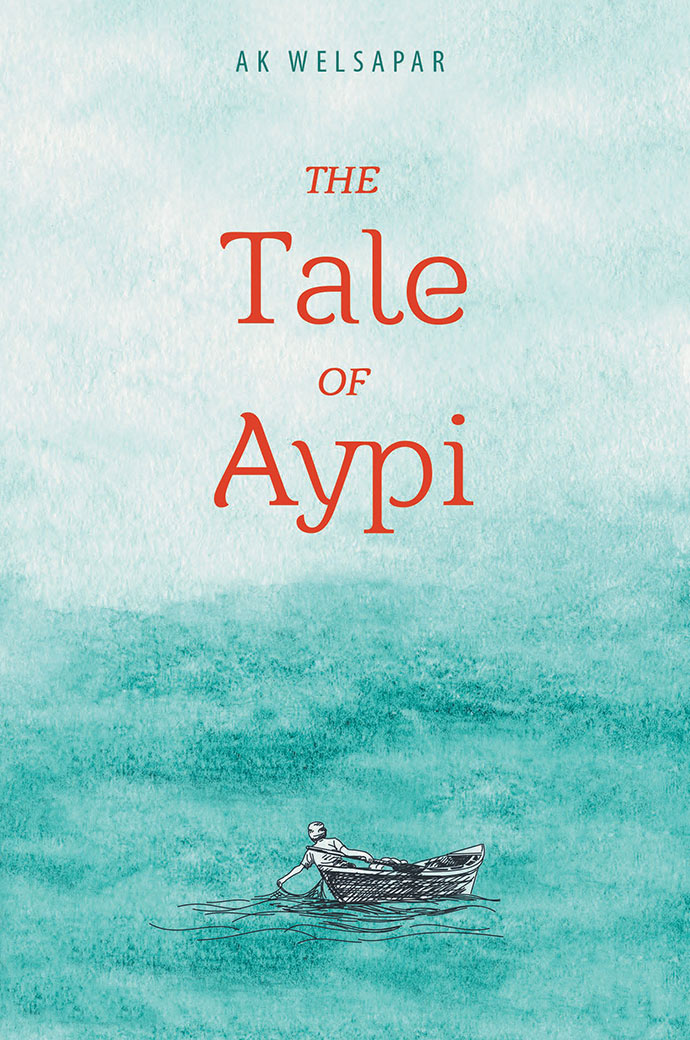
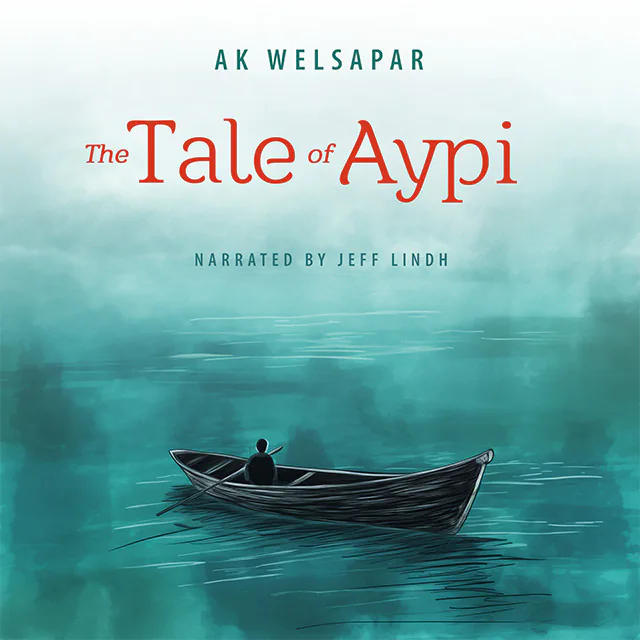

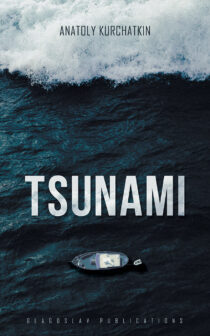
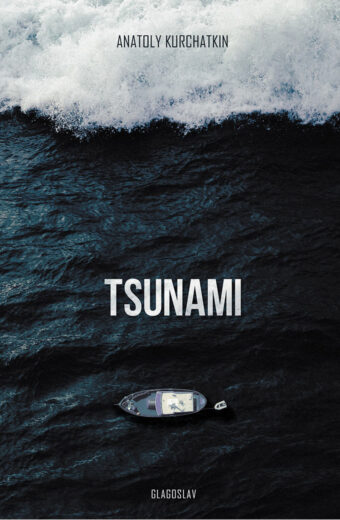
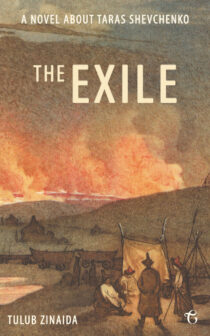

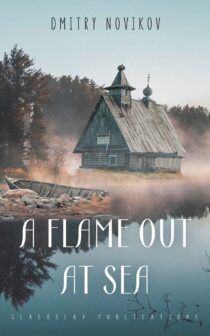

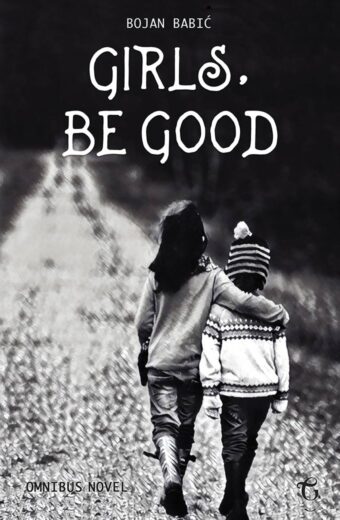
Reviews
There are no reviews yet.